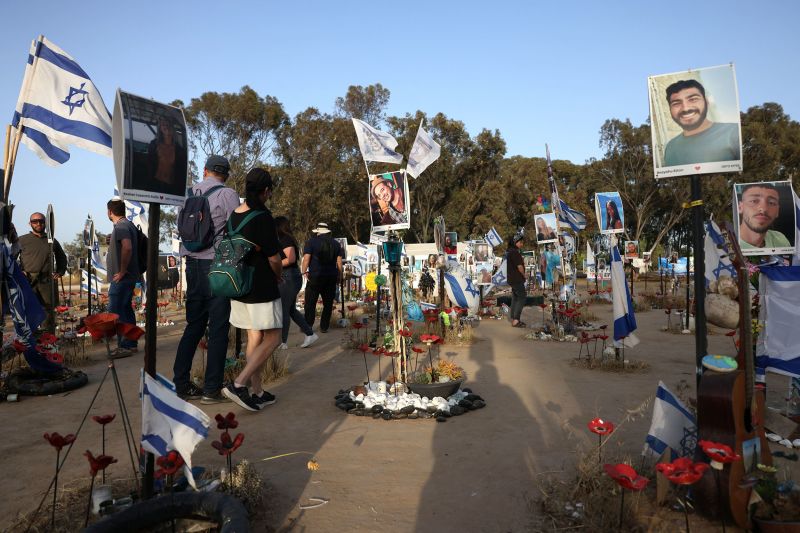The United States citizens who were victims of the October 7 attacks have initiated legal action against Iran, Syria, and North Korea, accusing these nations of providing support to the militant Palestinian group, Hamas. This marks a key moment in the broader context of international legal proceedings involving victims of terrorism, as it seeks to draw attention to the alleged sponsorship of terrorist organizations by sovereign states.
The victims charge these three countries with the provision of financial aid, training, and weapons to Hamas, allowing the militant group to carry out acts of terror, including the October 7 attacks. Through their lawsuit, the victims not only seek justice for themselves, but also hope to prevent further acts of terrorism by holding these states accountable.
The US victims’ accusations are based on the premise that Iran, Syria, and North Korea have consistently supported Hamas, both directly and indirectly. The lawsuit alleges that these nations have repeatedly violated international law by fostering and supporting this group, known for its activities against the Israeli-Palestinian peace process, and more broadly, against Western interests in the Middle East.
Iran and Syria have been historically identified as state sponsors of terrorism by the U.S. State Department; North Korea, however, was removed from the list in 2008. Nevertheless, the lawsuit remains comprehensive in its charges, citing the three countries’ continued financial and logistical assistance to Hamas, thereby alleged to be complicit in the October 7 attacks.
Central to this lawsuit is the argument that, by funding and arming Hamas, these states effectively breach their international obligations and contribute to widescale violence and instability in the Middle East. The plaintiffs argue that these nations cannot escape the ripple effects of their actions that resulted in the loss of life and property during the October 7 attacks.
One major hurdle the plaintiffs will likely face is the principle of sovereign immunity, which generally shields states from being sued in foreign courts. However, there have been some precedents in which the courts pierced this veil, especially when it comes to acts of terrorism. An effective argument may depend on demonstrating that alleged state-sponsored terrorism provides an exception to this norm.
The case will draw attention not only for its potential compensation but also the broader legal and political implications. It opens the door to further scrutiny of state-sponsored terrorism, with the possibility of shining a new light on the international relations of countries accused of harboring and supporting terrorism. It underscores the widespread impact of terrorism, extending beyond immediate victims to the nations alleged to support these acts of violence.
While the lawsuit reflects a robust effort by the victims to seek justice, it is only a part of a broader struggle to curb state-sponsored terrorism. The international community will be watching closely as this case unfolds, as it could serve as a precedent for future legal action against countries accused of sponsoring terrorism.




